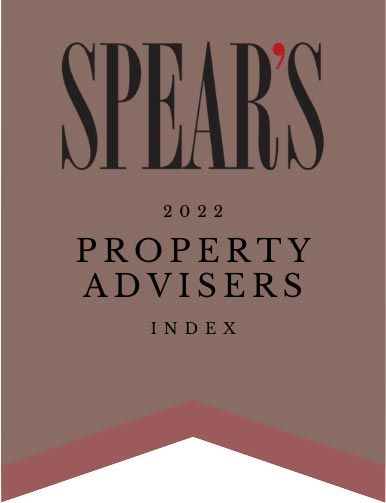Recent weeks have seen unprecedented economic activity, as Governments all over the world have moved swiftly to try to minimise the impact of the global health crisis. Here in the UK, search results for the terms ‘mortgage’ and ‘remortgage’ are at a 5-year high, driven by the recent cut in interest rates and people’s questions and concerns around how the changes will affect them.
We have compiled a list of the most common queries along with some helpful resources. If you would like to discuss your individual situation, we’re here to help so please don’t hesitate to get in touch with our team of experts.
Does the interest rate cut mean I can get a better rate on my mortgage?
It depends on the type of mortgage you’re looking at. Fixed rate mortgages currently dominate the wider consumer market, with 73% of all mortgage balances in Q2 of last year (2019) being on a fixed rate. This reflects the fact that, before recent events, interest rates were predicted to be on the rise as the economy was expected to recover from the effects of Brexit.
If you currently have a fixed rate mortgage, you won’t see any difference in your mortgage payments until your fixed rate expires, term ends and you can shop around for a new mortgage.
Is it worth breaking the terms of my fixed rate mortgage to find a better deal?
Each individual situation is different. If you exit a fixed rate mortgage early, you will incur charges. Usually, the further you are into your fixed deal, the lower the charge. It may be an option, but don’t act without taking advice.
If you’re looking to switch from one fixed rate to another bear in mind that, although interest rates have been cut, the Bank of England sees this as a short-term measure. Fixed rate mortgages are based on the long-term view and we fully expect the economy and housing market to bounce back. Therefore, we don’t expect to see immediate drastic changes in rates in the fixed rate mortgage market.
Which mortgages will benefit from a change in the base rate?
If you have a tracker mortgage, your mortgage tracks the Bank of England base rate, plus a fixed percentage added by the bank. These rates react immediately to base rate reductions, and some are now below 1% so if you are on a tracker, you will see an immediate shift in your monthly outgoings. However, the reason they are less popular is that tracker rates can also go up just as quickly as they go down. As this is a short-term, emergency measure, think about where you will stand in five or ten years’ time before making a decision, and make sure you seek advice.
How will SVRs be affected by recent events?
If your fixed rate mortgage is coming to an end and you don’t sign up to a new deal, you will end up on your bank’s standard variable rate. This market is currently estimated at just 11% because the rates are much higher than the new fixed rate and tracker products that lenders offer existing clients, and which can be switched to very easily.
Several banks have already lowered their SVR in order to pass the interest rate cut onto their customers. The consumer giant Which? is keeping an updated list here.
I’m considering remortgaging – what should I do?
Take advice and speak to a mortgage adviser. Switching or remortgaging could get you a better rate. If you do get a mortgage offer, it’s likely to be valid for six months, so even if your deal is not imminently expiring, you can reserve the product to take advantage of the lower interest rates.
What if I can’t pay my mortgage?
Several lenders have announced ‘payment holidays’ or waiving of fees associated with missed payments. In normal circumstances, a so-called ‘payment holiday’ would usually register as a missed payment on your credit record but, given the unprecedented circumstances, a number of lenders are waiving that condition. However, UK Finance has cautioned that not every person who applies for a ‘payment holiday’ will have their request granted,. Furthermore, if you are considering taking one ensure you check with the lender how they will record this on your credit file.
As an alternative to the widely written about 3 month payment holiday, some lenders are offering customers on capital repayment mortgages the option to switch to interest only for 12 months. Depending on your circumstances, this may well be a better option for you.
The lenders announcing their terms and conditions are changing on a daily basis, so if you’re experiencing or anticipating any financial difficulties brought on by recent events, UK Finance recommends you speak to your mortgage provider any/or broker as soon as possible to establish their individual terms and conditions.
What’s your advice for borrowers?
Don’t let recent events overwhelm you. Take time to think about your current situation and discuss it with your significant others and trusted advisers. Now is not the time for knee jerk reactions, but if you have queries then seek the advice you need and ensure it’s tailored to your individual circumstances.
Your home or property may be repossessed if you do not keep up repayments on your mortgage.
You may have to pay an early repayment charge to your existing lender if you remortgage.
Property prices can fluctuate down as well as up. You should ensure that you have alternative arrangements should your property value fall below the borrowing amount outstanding.
This information does not constitute financial, legal or accounting advice. Investors should seek their own independent advice before proceeding.




















